Empowering young people to tackle climate change

Kate Gillingham, Head of UK & Ireland Government and Public Affairs of the LEGO Group, reflects on the power of children’s voices at the #COP26 Conference in Glasgow, the Lego Groups launch of ten ‘Building Instructions for a Better World’ and how ‘the resulting building instructions underline the responsibility of decisions makers to deliver on tackling climate change for those who will be affected most’:
Our work at the LEGO Group is driven by our mission to “inspire and develop the builders of tomorrow”. As part of this it is our belief that to thrive in society children need to develop a breadth of skills to be prepared for jobs that have not yet been created, to tackle societal challenges we cannot fully envisage and to use technologies not yet invented. In the context of sustainability and climate change we believe children need support to develop knowledge and skills as well as attitudes and values that can guide them towards the responsible action necessary to limit the worst effects of climate change.
In 2021, the LEGO Group undertook a global study (available here) of over 6000 children from seven countries to better understand youth attitudes to sustainability and the circular economy. We found that young people are engaged and worried about the environment, with nearly 50% of children in the study (57% for children in the UK) thinking about the environment at least daily or once a week. However, we also found that broadly children view themselves as ‘first responders’ to ongoing climate and sustainability issues rather than active participants as the creators of a better world. Their focus is on how to recycle or how to respond to natural disasters, rather than seeing the long term role they could play in solving the complex challenges of climate change such as through designing more sustainable products. We believe that children need further support through age-appropriate and cross-discipline environmental education and greater opportunities to be agents of change, empowering them to build the futures that they want to see.
The power of children’s voices was evident at the COP26 Conference in Glasgow where young people demanded to have a greater say in the debate on how to tackle climate change. Ahead of COP we launched ten ‘Building Instructions for a Better World’ which set out what change young people want to see in order to tackle the climate crisis and create a more sustainable future. The asks were identified through global research and workshops during which children were asked ‘what three instructions would you give world leaders to protect our planet from climate change’. The resulting building instructions underline the responsibility of decisions makers to deliver on tackling climate change for those who will be affected most – the next generation – but equally to ensure that youth voices are involved in the decision-making process. Businesses, policymakers, teachers and parents all have a role to play in empowering children to voice their ideas, build young people’s skills and give them the agency required to shape the future of the planet.
Kate Gillingham, Head of UK & Ireland Government and Public Affairs, The LEGO Group
Building an Education Curriculum for a NetZero Future – Ensuring future generations learn about Climate Change
As we move into the second year of our work at the Foundation for Education Development (@FEDeducation) and following the launch of the FED National Education Consultation Report, we hosted a roundtable discussion seeking to answer the theme ‘Building an Education Curriculum for a NetZero Future – Ensuring future generations learn about Climate Change.’
We asked Kate Gillingham, Head of UK & Ireland Government and Public Affairs of the LEGO Group to share her input into this roundtable discussion.

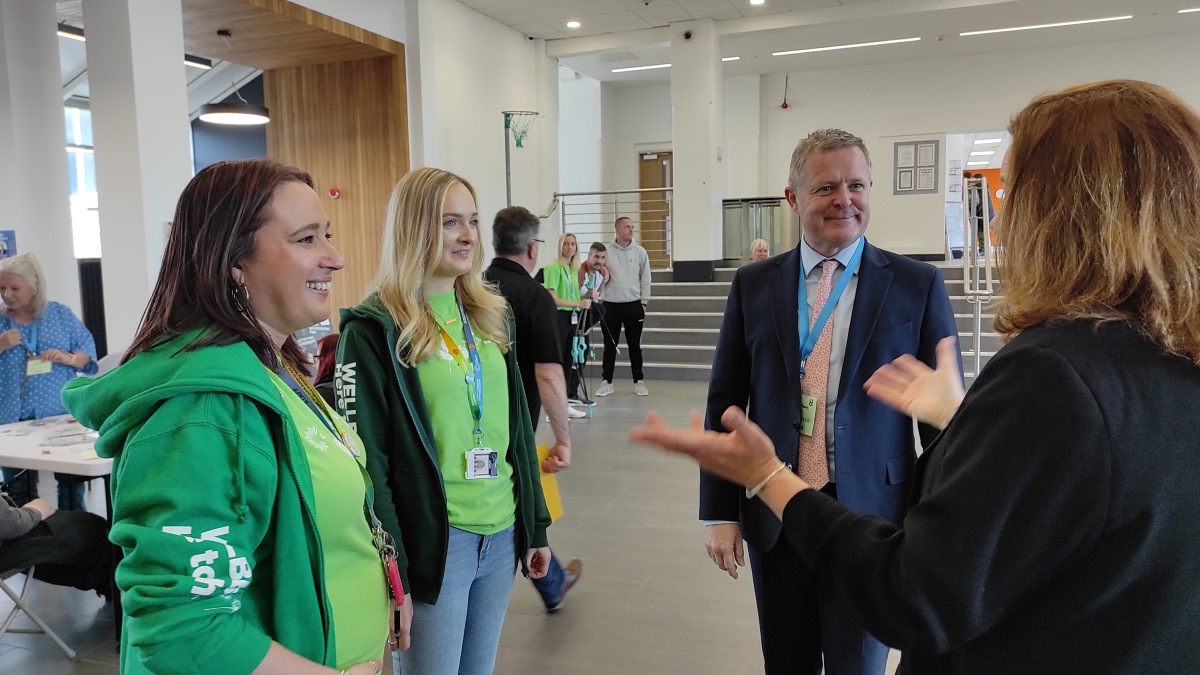
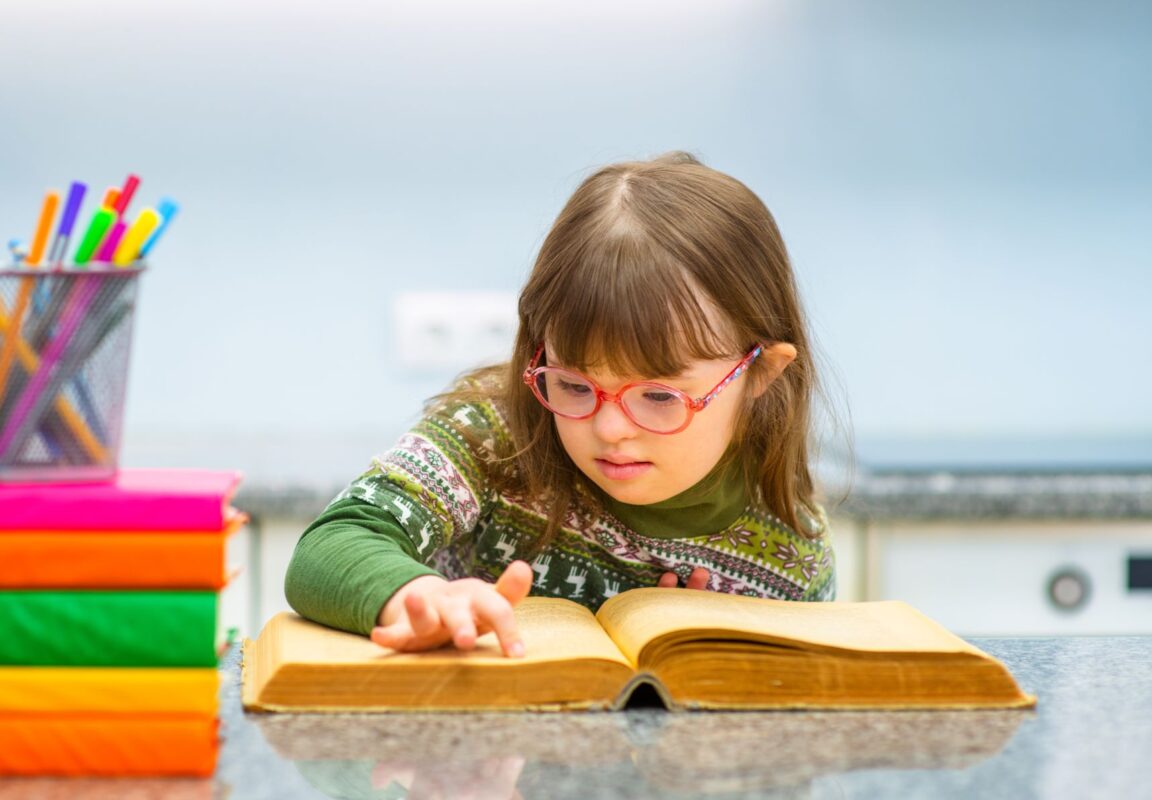

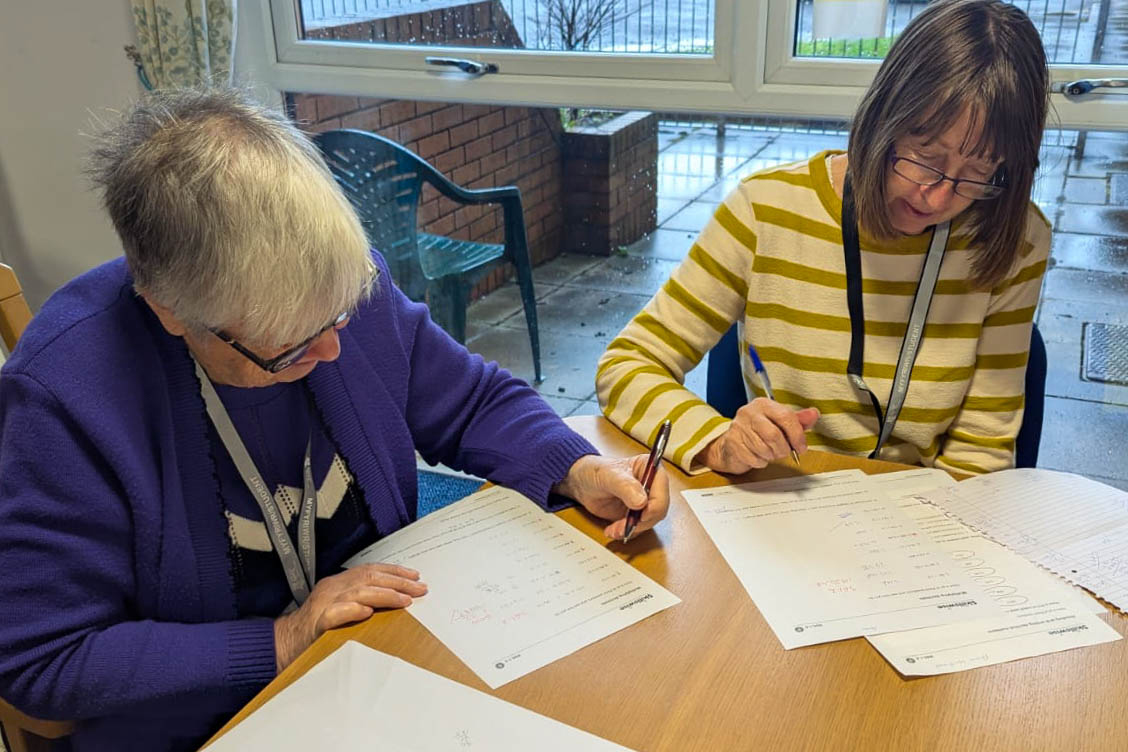

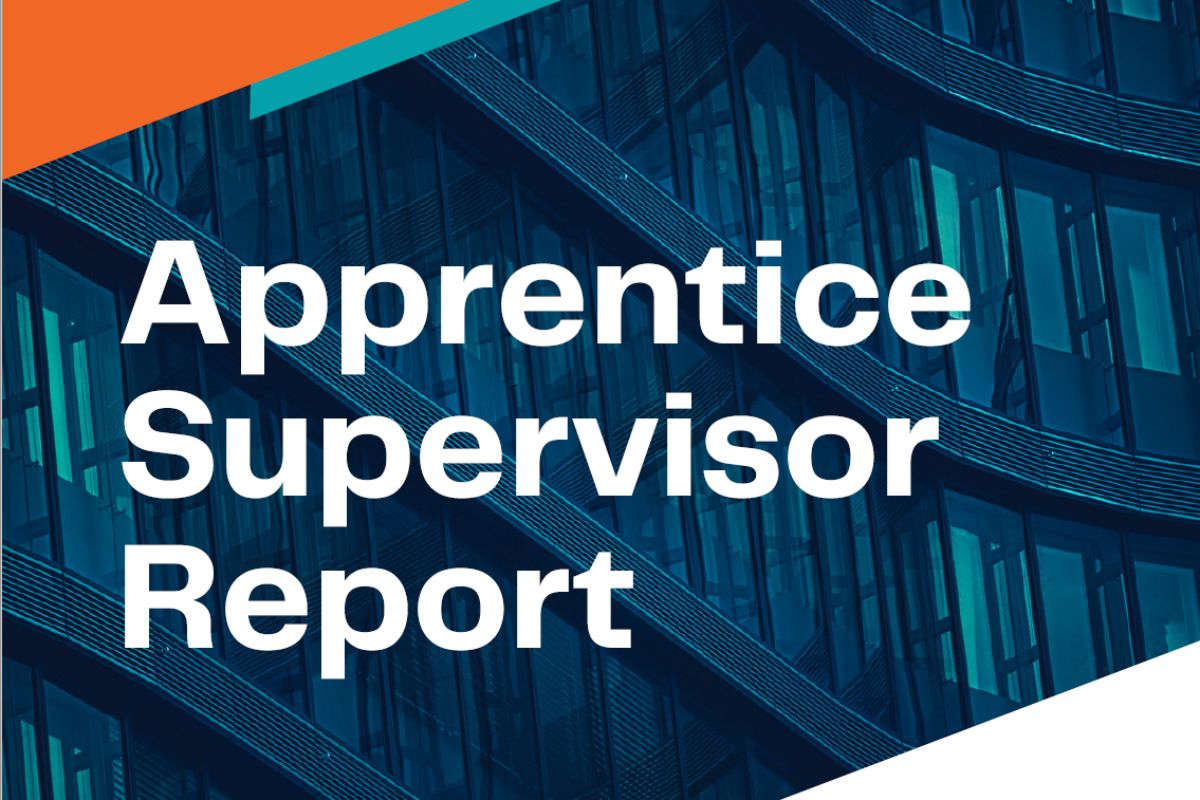
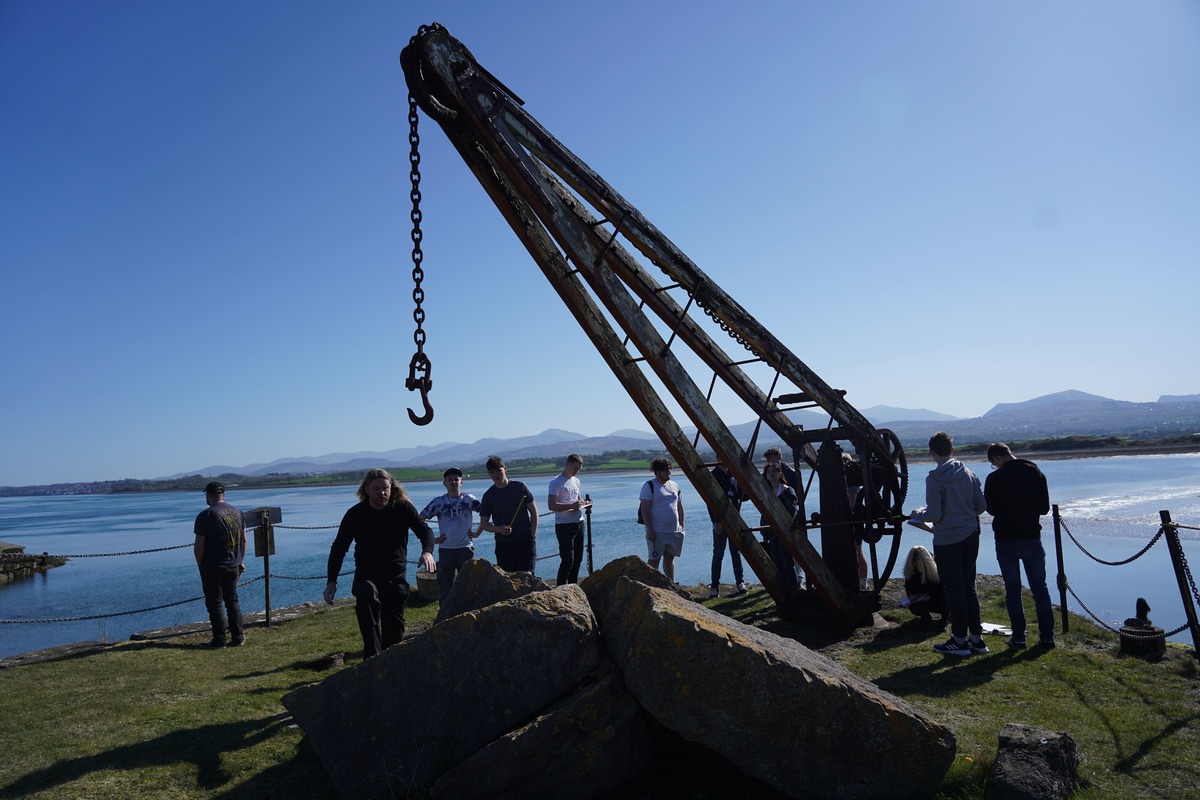
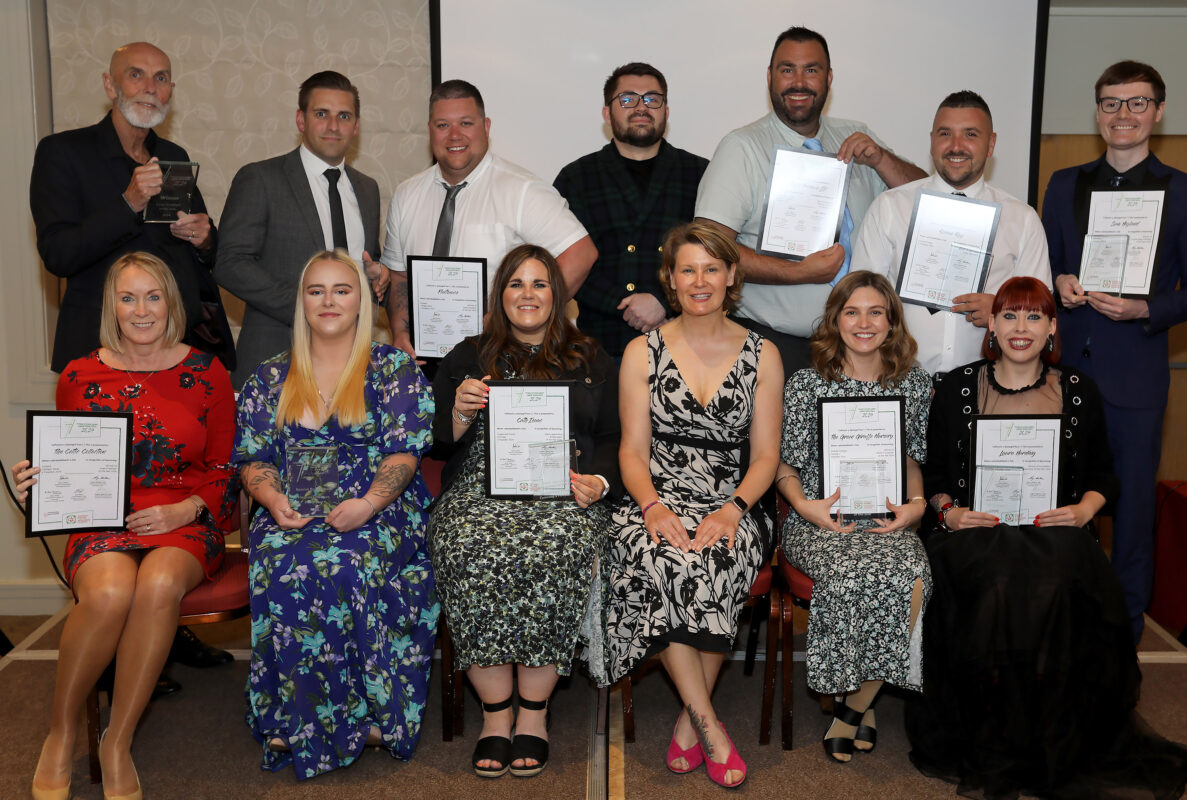


Responses